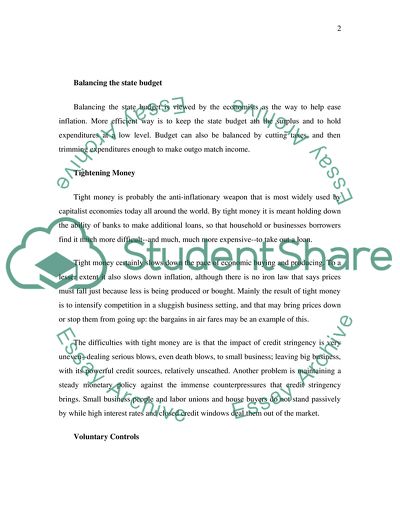Cite this document
(The Government's Control of the Rate of Inflation within an Economy Coursework - 1, n.d.)
The Government's Control of the Rate of Inflation within an Economy Coursework - 1. Retrieved from https://studentshare.org/macro-microeconomics/1544911-with-reference-to-the-uk-examine-and-discuss-the-methods-open-to-a-government-to-control-the-rate-of-inflation-within-an-economy
The Government's Control of the Rate of Inflation within an Economy Coursework - 1. Retrieved from https://studentshare.org/macro-microeconomics/1544911-with-reference-to-the-uk-examine-and-discuss-the-methods-open-to-a-government-to-control-the-rate-of-inflation-within-an-economy
(The Government'S Control of the Rate of Inflation Within an Economy Coursework - 1)
The Government'S Control of the Rate of Inflation Within an Economy Coursework - 1. https://studentshare.org/macro-microeconomics/1544911-with-reference-to-the-uk-examine-and-discuss-the-methods-open-to-a-government-to-control-the-rate-of-inflation-within-an-economy.
The Government'S Control of the Rate of Inflation Within an Economy Coursework - 1. https://studentshare.org/macro-microeconomics/1544911-with-reference-to-the-uk-examine-and-discuss-the-methods-open-to-a-government-to-control-the-rate-of-inflation-within-an-economy.
“The Government'S Control of the Rate of Inflation Within an Economy Coursework - 1”. https://studentshare.org/macro-microeconomics/1544911-with-reference-to-the-uk-examine-and-discuss-the-methods-open-to-a-government-to-control-the-rate-of-inflation-within-an-economy.


